Preferring to be alone can actually have a real impact on your physical and mental wellbeing.
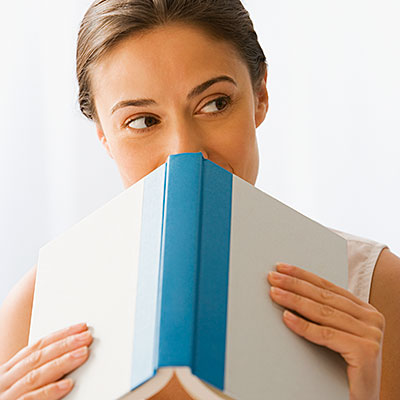
Are you an introvert?
by Amanda MacMillanWhen do you tend to feel the most energized: after a party with lots of friends and strangers, or after a day of solitude and quiet reflection? If you chose the latter, you may consider yourself an introvert—someone who feels easily exhausted by social interaction and feels most content being left alone.
Introverts are often seen as shy, introspective, or antisocial, but the reality is more complicated than that—most people aren't fully introverted or extraverted, and actually fall somewhere in between. Whether you lean toward introversion or extraversion doesn't just affect your social preferences, either; here are 15 ways it can also affect your physical and mental health.

Social situations may stress you out
"Introverts can get overstimulated easily, so if there's a lot going on around them, it can cause anxiety," says Laurie Helgoe, PhD, assistant professor of psychology at Davis & Elkins College and author of Introvert Power. Even just the pace of conversation can be demanding and mentally draining, she adds. "When I'm talking to extraverts, sometimes they're five thoughts ahead of me because I'm still processing the first thing they're talking about."Not all introverts hate big parties and networking events, but most tend to prefer smaller gatherings with close friends. "It's a misnomer that all introverts globally are stressed by social situations," Helgoe says. "But I would say that it's not usually 'the more the merrier' for us—it's usually 'the more, the more stressful.'" (The good news? If you do have social anxiety, research shows that people probably like you more than you think.)
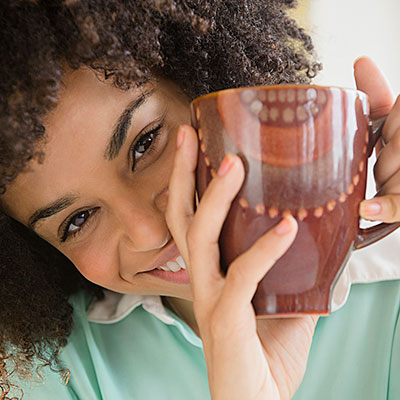
You may have less FOMO
Introverts may be more immune to different kinds of social stress—specifically, the pressure to make an appearance at every event they're invited to, or the "fear of missing out" (also known as FOMO). They don't feel the need to always be "on" with other people, and may not be as insulted if they're not included in something."One strength of an introvert is the ability to somehow withstand some of those pressures to be engaged all the time," says Helgoe. "We just aren't as tempted by happy stimuli; our brains don't get revved up as easily. Of course we can feel left out too, but somehow we're able to shut it off a little more easily."

Dating can be harder
If you're an introvert looking for love, you may feel like the deck is stacked against you. "We just don't put ourselves out there as much as extraverts; and even when we do, we aren't as quick to make friends of strangers," writes author Sophia Dumbing in her book Introverts in Love. But she argues that once introverts get past that hurdle, they actually have some advantages over introverts—like the desire to make deep one-on-one connections.Helgoe agrees: "We are very selective; we aren't going to waste our time in relationships that don't draw us in," she says. Online dating has been a huge help for introverts, she adds, "because often we can skip the small talk and start those conversations at a more real level. In a way it's leveled the playing field."
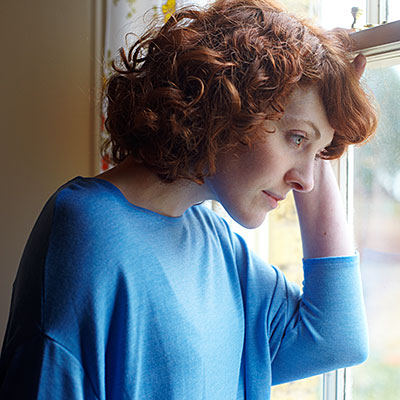
You may be less happy overall
Not all introverts are depressed and not all depressed people are introverts, but there is a connection. "There are certain characteristics of introverts that line up with depression," says Helgoe. "We're reflective and we can get caught up in rumination. We also tend to be more realistic: We look at the whole picture, rather than just picking up on happy stimuli."Research has shown that when people act extraverted or outgoing, they tend to feel happier overall. In fact, says Helgoe, even introverts can get a mood boost by acting like extraverts for short periods of time. "I don't think the answer is always that introverts need to get out there and socialize," she says, "but I do think we should be aware that sometimes we are so protective of our comfort zones, we don't take advantage of opportunities we might really enjoy."

It may affect where you're happiest
Introverts tend to prefer living in the mountains, which are seen as calming and peaceful, while extraverts would rather live in open, flat regions, like near the ocean, which they perceive as more sociable and stimulating according, to a 2015 study by Shigehiro Oishi, PhD, professor of psychology at the University of Virginia.These types of preferences may affect where people will be happiest, says Oishi, which could in turn have an affect on mental or even physical health. That doesn't mean all introverts should move to the mountains, he says. Instead, no matter where you live, seek out secluded spaces where you feel comfortable, whether it's the library, a quiet park, or even a special area in your house.
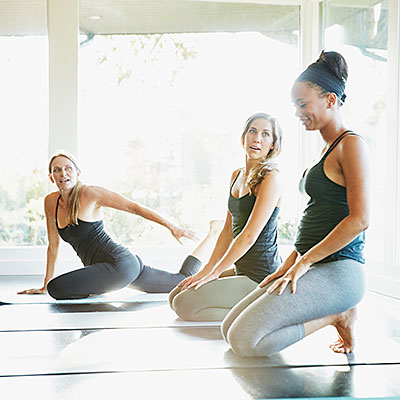
Trendy fitness classes may not work for you
CrossFit and boutique studio classes are so hot right now in part because their workouts double as social events. But for introverts, group classes may actually turn them off to exercising. In a 2011 study on personality type and body weight, researchers noted that "lifestyle and exercise interventions that are done in a group setting may be more effective for extraverts than for introverts.""The assumption is that we're all extraverts and we will all benefit from the same activities, and that can really mess up our game as introverts," says Helgoe. "I've learned that it's easier for me to stay committed to my own running, which gives me time to myself in my own space. (Introverts can still benefit from someone holding them accountable, she adds, so it can help to ask a friend to keep tabs on your progress.)

You form strong friendships
You may not have as many friends as someone who's very extraverted, but that's because you value quality over quantity. "Introverts have some qualities that are conducive to intimacy," says Helgoe. "We can tolerate silence and pauses, and allow time for a conversation to deepen. We're less likely to engage in small talk, but that's not because we don't like people—it's because we don't like the barrier it creates to sharing real thoughts and ideas."Some introverts do have trouble bonding with anyone at all, and may truly be isolated—a risk factor for health problems and even a shorter lifespan. But you don't need a huge social network to ward off loneliness, say experts; a few good friends who are always there for you can be enough to keep you happy and healthy.

It could impair your immunity
Extraverts may have stronger immune systems than introverts, according to a 2014 joint study from the University of Nottingham and the University of California, Los Angeles. Extraverts tended to have increased expression of pro-inflammatory genes associated with the body's immune response, while people who scored high in "conscientiousness" had reduced expression of these genes. In other words, extraverts appear to have immune systems that can deal effectively with infection—perhaps because their socially oriented nature exposes them to more germs overall. Oishi says that introverts' immunity may also be hampered because they tend to feel positive emotions less frequently than extraverts. But whatever the reason, he adds, the effect of personality on immunity is likely pretty small.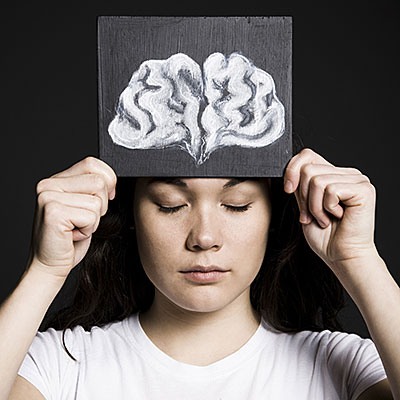
Your brain is wired differently
Introverts tend to have larger and thicker gray matter in the area of the brain responsible for abstract thought and decision making, according to a 2012 Harvard University study. This could explain why they are more likely than extraverts to ponder over things for longer, rather than making impulsive decisions and living in the moment.Previous research has also suggested that introverts have higher levels of "cortical arousal," which means they respond stronger to outside stimuli like sights and sounds. Experts think this may be why they become overwhelmed in loud or crowded environments—and why extraverts may seek out those same situations to raise their own arousal levels.

You may handle sleep deprivation better
Introverts may be better at pulling all-nighters than extraverts, according to a 2010 study on the effects of sleep deprivation from the Walter Reed Army Institute. After being kept awake for 36 hours—including 12 hours of social interaction—extraverts tended to have lower scores on tests for alertness and reaction times than introverts.Social stimulation can be exhausting for regions of the brain that deal with attention and wakefulness, and so it increases the need for sleep. But introverts seem to have some resistance to that need, the authors concluded, perhaps because they have higher cortical arousal. In other words, those brain regions are more active in the first place, so they're not tired out as easily.
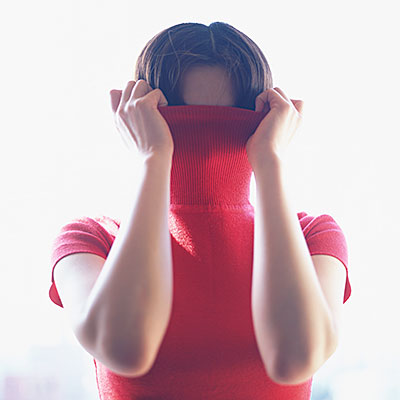
You may not be much of a risk-taker
Brain differences may also help explain why introverts are less likely to engage in risky behavior. Research has shown that extraverts' brains light up more when gambling, for example, and that extraverted children tend to overeat more than their introverted peers."Introverts are, on average, less risk-taking than extraverts," says Oishi—a quality he says can protect against potentially harmful behavior. Helgoe agrees: "Extraverts are more prone to impulse-related distress," she says. "They tend to have more externalizing disorders, while introverts tend to internalize things."

t could affect your driving
When horns and sirens start blaring, introverts may have trouble behind the wheel, according to a 2015 Iranian study. Researchers tested reaction times in various traffic situations, and although reaction times slowed for both introverts and extroverts when noise was introduced, it was quite a bit worse for introverts.Oishi says he's not surprised by these findings. "Introverts tend to like a quiet place, so it could be a familiarity issue here," he says. "Extraverts are more used to being in a noisy place, and therefore [may be] less affected by noise."

You may be skipping important conversations with your doctor
When you're worried about something going on with your body, do you ask your doctor about it? Introverts may be less likely to bring up questions or problems, says Helgoe, which may lead to health problems that could have been prevented. "Doctor's visits today are so quick, you really have to be very assertive if you want to voice your concerns," she says. "Under that kind of pressure, it can be very hard for introverts to volunteer information."Helgoe recommends that introverts prepare by writing down questions and concerns before medical appointments. "If you bring in a list, your doctor will pay attention and make sure everything on your list is answered—and you'll be less likely to panic or forget what you wanted to ask," she says.
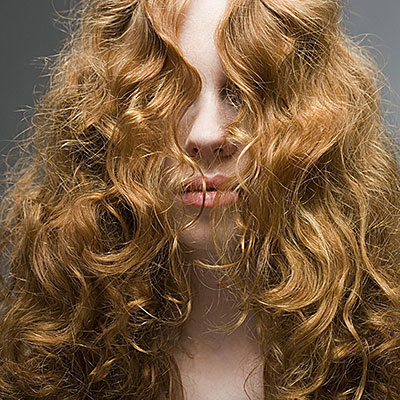
It can affect your self-worth
It's true that introversion can be associated with depression, but that's not always the case. Sometimes, though, introverts can be labeled as unhappy simply because they don't express their joy outwardly, says Helgoe. This isn't just an unfortunate misunderstanding, she says; it can sometimes become a self-fulfilling prophecy."When studies define happiness, they don't usually include feelings like tranquility, peacefulness, and calm," she says. "If introverts are reflective or nostalgic or melancholy, society labels us as depressed or aloof. Then we think there's something wrong with us, and we start feeling depressed."
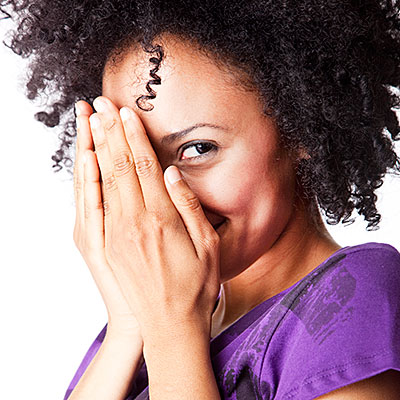
It's perfectly healthy...if you embrace it
The most important thing introverts need to know, says Helgoe, is that there's nothing wrong with them. "When people recognize that introversion is not an impairment, they become much happier and are able to accept themselves for who they really are," she says.Embracing your introverted side also means you can start to make better decisions about your lifestyle, your career, and your friendships, she says. (For example, Helgoe realized that seeing patients all day was exhausting her energy, but that she loves writing and public speaking.) "I encourage introverts to look at what their happy means, instead of trying to judge themselves against some society image or some sitcom image of what your life should be like," she says.
没有评论:
发表评论